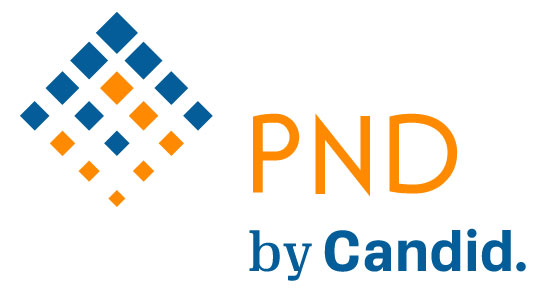Field Notes
Philanthropy’s Moment: Advocating For and Funding What’s Essential
As history has shown, crises can present moments of opportunity for bold action while also creating new perspectives and priorities. This is one of those moments for philanthropy.
Right now, what matters most is to ensure that the most vulnerable in our society are not disproportionately impacted by the coronavirus pandemic. If we fail to do that, we run the risk of overwhelming our health systems and putting additional pressure on frontline responders, direct service providers, and other critical organizations and systems.
That is why we, as a nation, need to expand the definition of who is “essential” to include nonprofit service providers — and why philanthropy needs to step up and take action, with both its dollars and influence, immediately. Countless lives, and our future, are at stake.
What is essential?
The answer is food, shelter, and staying safe — basic needs most of us take for granted. These are now the first line of defense against the virus. And while that’s true for everyone, it’s especially so for the most vulnerable in society, who were already facing daily challenges before the emergence of COVID-19. With current shelter-in-place policies, these challenges could quickly become devastating outcomes.
Right now in Massachusetts, where I am sheltering in place, nonprofit service providers large and small are scrambling to figure out how they can protect our state’s most vulnerable people and populations. Many of them — such as food banks and homeless shelters — are trying to address supply chain and distribution challenges. Others are working to solve access problems.
Let me give you a couple of examples:
For years, Boston Cares —the largest volunteer agency in New England — has been filling more than twenty-five thousand volunteer spots annually in support of nonprofit agencies in the greater Boston area. As the coronavirus crisis began to unfold, the organization figured out how to change its programming to create new opportunities for volunteering and train volunteers virtually.
Next, the organization partnered with Boston Public Schools — a district in which 78 percent of students qualify for free or reduced-price lunches — to implement a citywide distribution of free breakfast and lunch to fifty-four thousand students at risk of going hungry as schools are closed. It’s essential that this partnership continue for as long as it takes for the crisis to play out.
The work of the Justice Resource Institute also is essential. JRI provides foster care to about five hundred kids on behalf of the Massachusetts Department of Youth Services. But it also serves another twenty thousand families by keeping the kids in those homes safe. These days, COVID-19 has forced the suspension of home visits, and so the organization has had to shift to telephone appointments, which makes it much more difficult to assess the risks kids might face in a home.
Many of these kids suffer from mental health problems and are living in potentially risky environments. Without JRI’s continued support, things might happen to these kids that normally would have been prevented. What if one of these kids gets hurt or is subjected to violence? If that child makes it to a hospital, what will caregivers there do? What are they be able to do? Hospitals are already functioning at near capacity, and emergency rooms are finding it necessary to implement triage protocols that end up with some people being turned away. The last thing our hospitals need is an influx of kids who aren’t suffering from COVID-19 but instead are the collateral damage of a broken social services system.
The solutions to these and countless other COVID-related impacts require money — and this is not a time for essential nonprofit service providers to be worrying about money. That’s where philanthropy comes in. I urge foundations to communicate to all their grantees that you are committed to maintaining your funding for an extended period of time and will even tap your endowments to provide support to frontline service providers.
Philanthropy also should use whatever influence it has with state and municipal governments to ensure that contract funding continues to flow.
In Massachusetts, Governor Charlie Baker issued an executive order on March 30 urging the state’s Department of Health and Human Services to “extend financial relief,” including “supplemental payments,” to all nonprofit health and human service providers in the state and to pay out state monies to these organizations “that reflect the modified ways services are being delivered.” Sure, it’s a lot of legalese, but the bottom line is straightfoward: in this time of “extraordinary demand” and reduced revenue due to the virus, “providers that are necessary to keep vulnerable individuals safe in their homes or residences and out of more acute settings like hospitals” deserve our support.
The coronavirus pandemic has revealed in stark ways what is truly essential. As we all go through the crisis together, ideas about need and what is important are sure to change. Undoubtedly, we will also begin to see more clearly that there are other needs, beyond food and shelter, that we must address for the most vulnerable in society, needs that go beyond ensuring mere survival and, instead, help provide a leg up for people desperate to build a life of success and fulfillment.
In this uncertain and anxious time, we have an opportunity, as a society, to establish some new priorities. We know we have the collective imagination and wherewithal to create genuine progress for people across the United States. A newly committed and energized philanthropy is crucial to that future.
Andrew Wolk is the CEO of Root Cause, a Boston-based nonprofit consulting firm, and produces the blog and podcast Finding Common Purpose.
With Us

